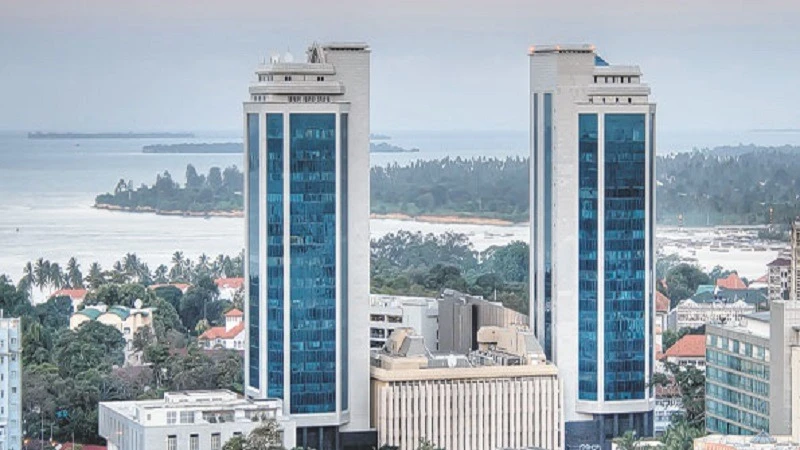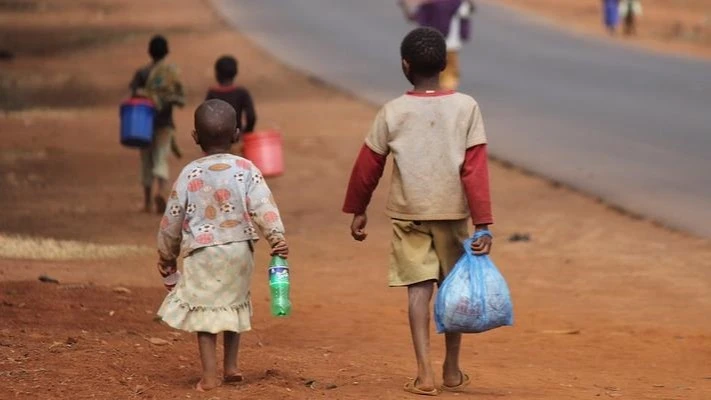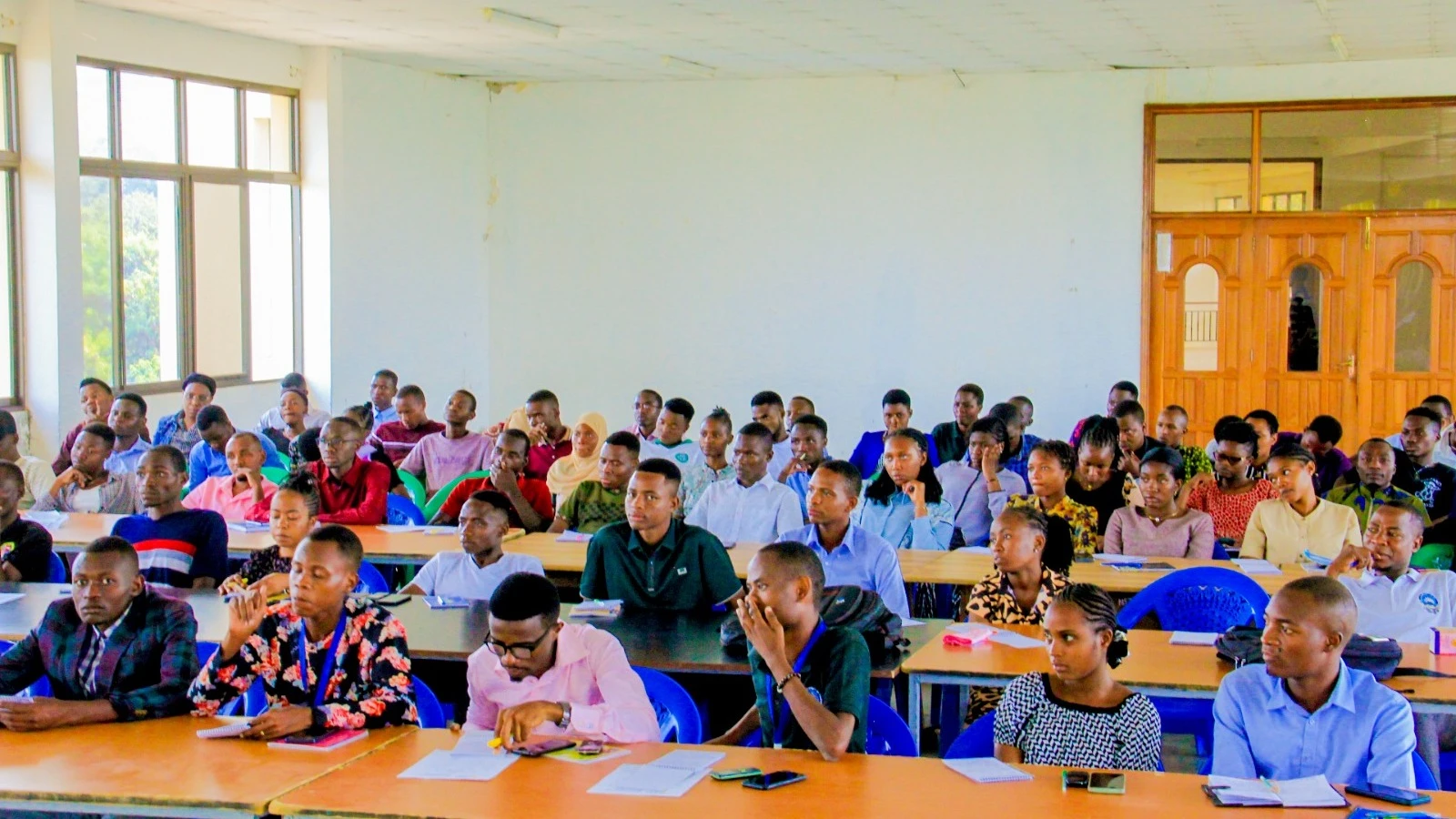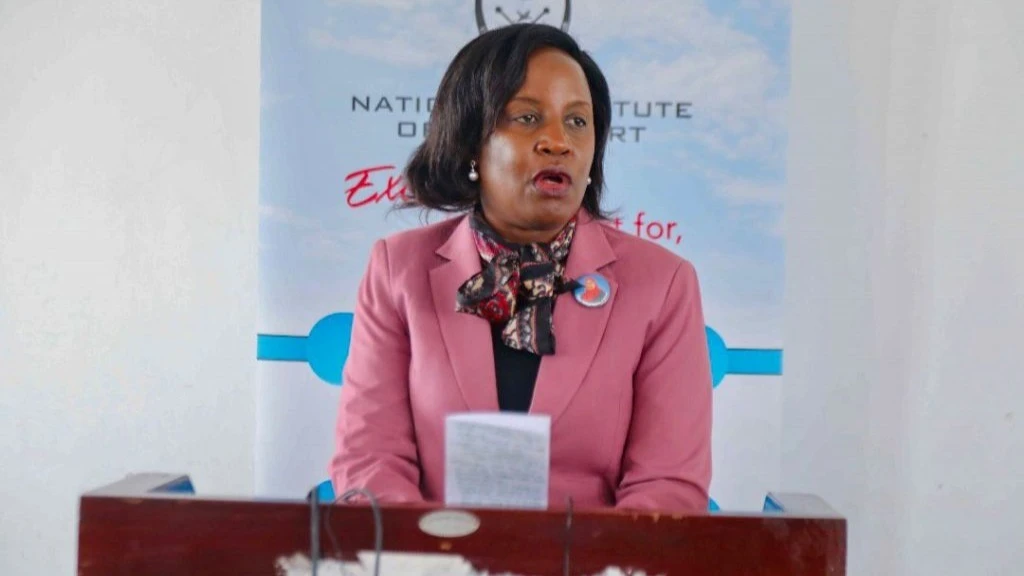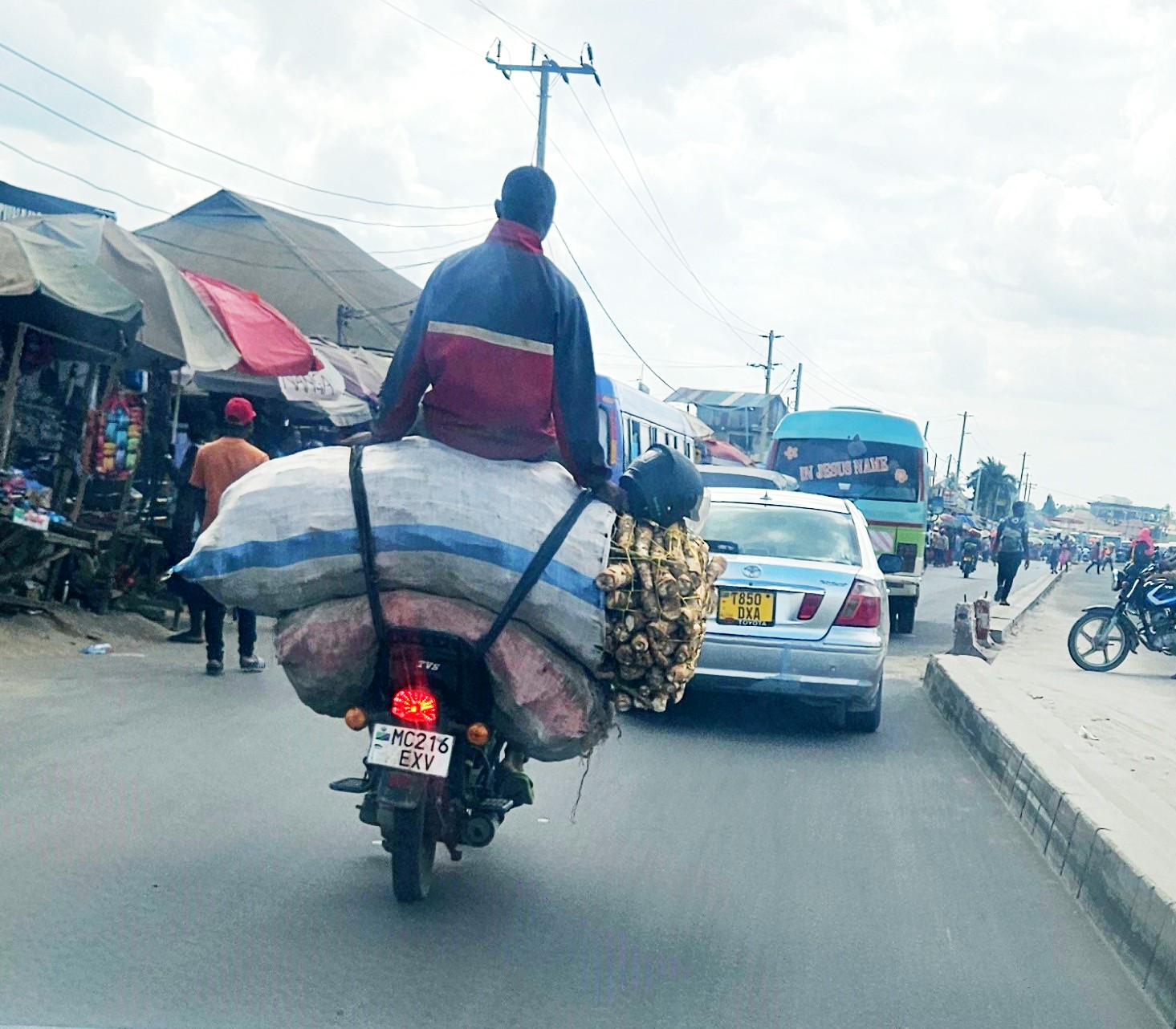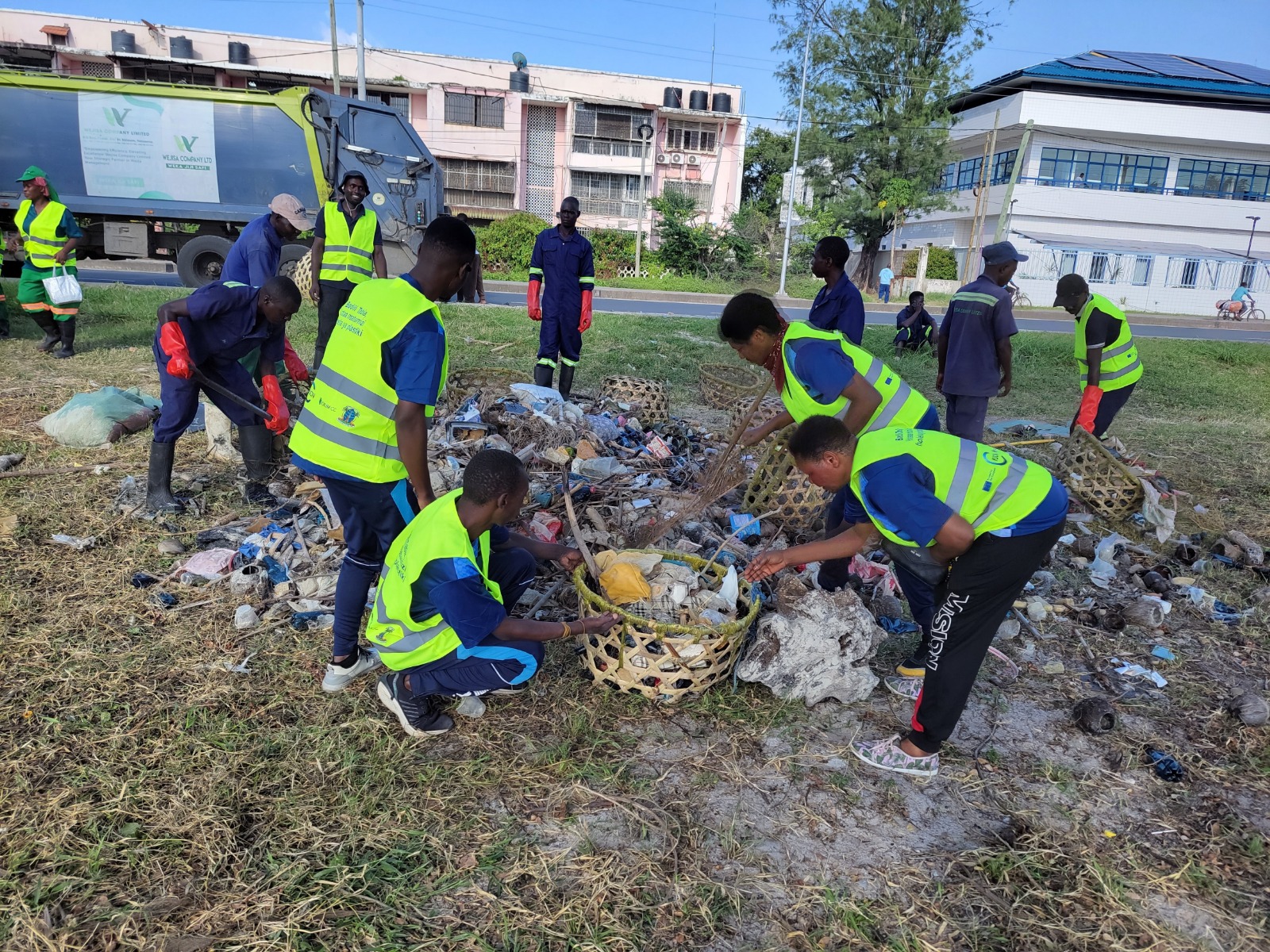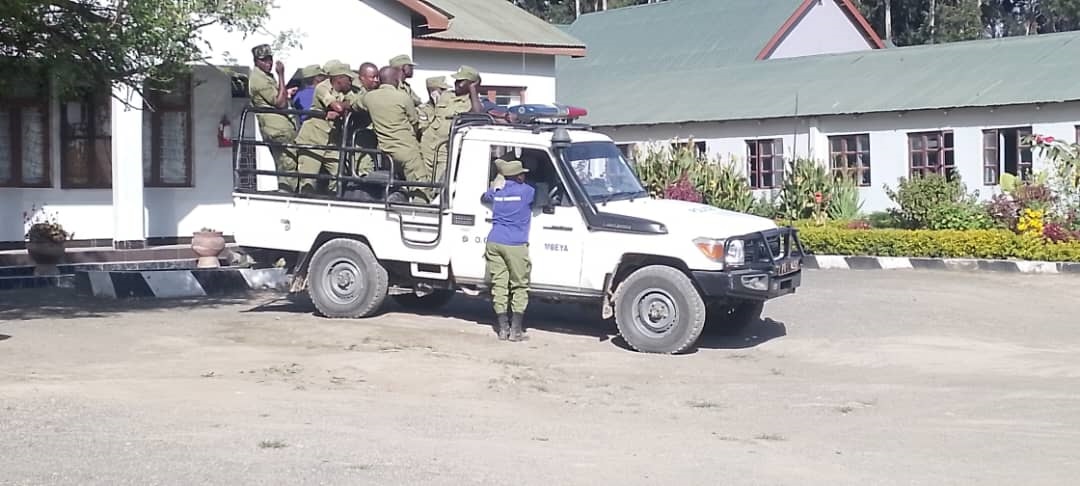Rufiji seeks donor support for forest reserves management
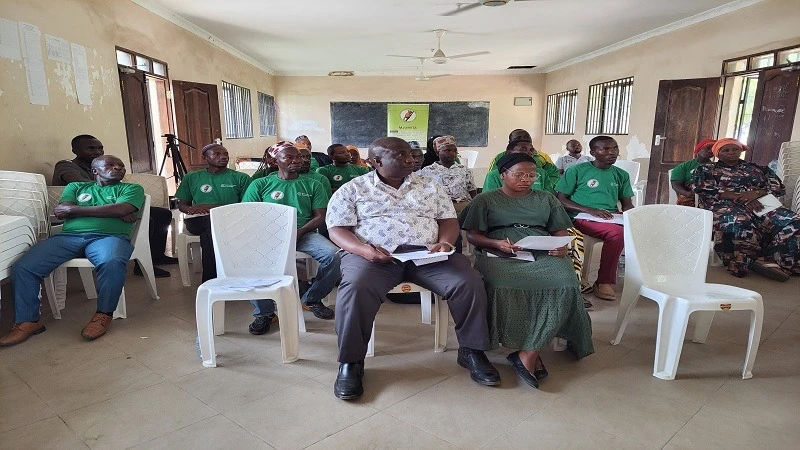
Rufiji Town Council in the Coast Region is appealing for support from local and international donors, forest conservation organizations, and environmental groups to help Kitapi and other villages establish Village Land Forest Reserves (VLFRs) under the Community-Based Forest Management (CBFM) model.
The move is part of a broader strategy to generate income for village development projects, combat climate change, and prevent deforestation.
Ewadi Kabuche, the District Forestry Officer, made the appeal during a one-day stakeholders' meeting organized to evaluate progress since the training of Trainers of Trainers (TOTs) on climate change adaptation under the Tanzania Forest Management Community Network (MJUMITA).
Kabuche said CBFM initiatives will empower communities to take an active role in forest conservation, thereby reducing illegal logging and charcoal production. Through donor support, Kipati Village has already designated a special area for a Village Land Forest Reserve intended for sustainable timber harvesting, which is expected to benefit its 2,349 residents.
“We need stakeholders to assist in surveying the designated area, assessing the tree species, marking boundaries, and developing forest management by-laws, forest management and harvesting plans,” Kabuche explained. “Support is still needed for other villages, as demand for forest reserves is growing.”
He cited the example of Nyamwage Village, which successfully established a forest reserve and used the proceeds from selling forest products to build a village office, secondary school, dispensary laboratory, and purchase equipment like computers and printers.
Currently, Rufiji Town Council comprises 38 villages and 13 wards, all of which require forest reserves to address climate change and prevent deforestation, which remains a major contributor to carbon dioxide (CO₂) emissions.
Kabuche said climate change has already severely impacted the district. Flooding has damaged roads, displaced families, and destroyed crops. He thanked MJUMITA for launching the two-year “Elevating Voices of Rural Women and Youth for Climate Justice in Tanzania” (ELEVATE) project, supported by the Commonwealth Foundation, which has raised awareness on climate change across several villages.
“The project has empowered villagers in Mbwara, Nyamwage, Nambunju, Kitapi, and Tawi with knowledge on the causes and effects of climate change, as well as adaptation strategies and sustainable forest management,” he said.
As a result, communities have begun planting drought-resistant crops, preserving dried vegetables for food security, and planting trees to restore degraded lands. The tree seedlings, donated by Rufiji Town Council, Tanzania Forest Services (TFS), and MJUMITA, have already led to the planting of 400 trees in the villages of Tawi, Nambunju, Nyamwage, and Mbwara.
Despite the progress, Kabuche emphasized that more support is needed, particularly in building awareness about the role of forests in reducing carbon emissions. “Illegal logging and forest burning for farming and charcoal production continue to threaten forest reserves. We need to scale up education and strictly enforce forest laws and guidelines,” he said.
To strengthen forest protection, the district is seeking donor assistance to acquire patrol vehicles, motorcycles, GPS kits, and other essential tools, including Vernier calipers for forest product assessment.
Aziz Mwambosi, another forestry officer, echoed the sentiment, noting that the ELEVATE project has already brought tangible change, including improved understanding of climate change and early adoption of conservation practices.
“The community now knows the importance of preserving forests and has started taking action. We’ve seen people drying vegetables for future use and participating in tree planting exercises,” he said.
Sebastian Gaganija, Acting District Executive Director, urged communities to propose new climate-related initiatives for inclusion in the council’s development plans. Meanwhile, Abdallah Mponda, a resident of Nambunju, called on MJUMITA to expand the project to more villages with forest reserves so they too can have a collective voice in addressing climate change and forest degradation.
Top Headlines
© 2025 IPPMEDIA.COM. ALL RIGHTS RESERVED













